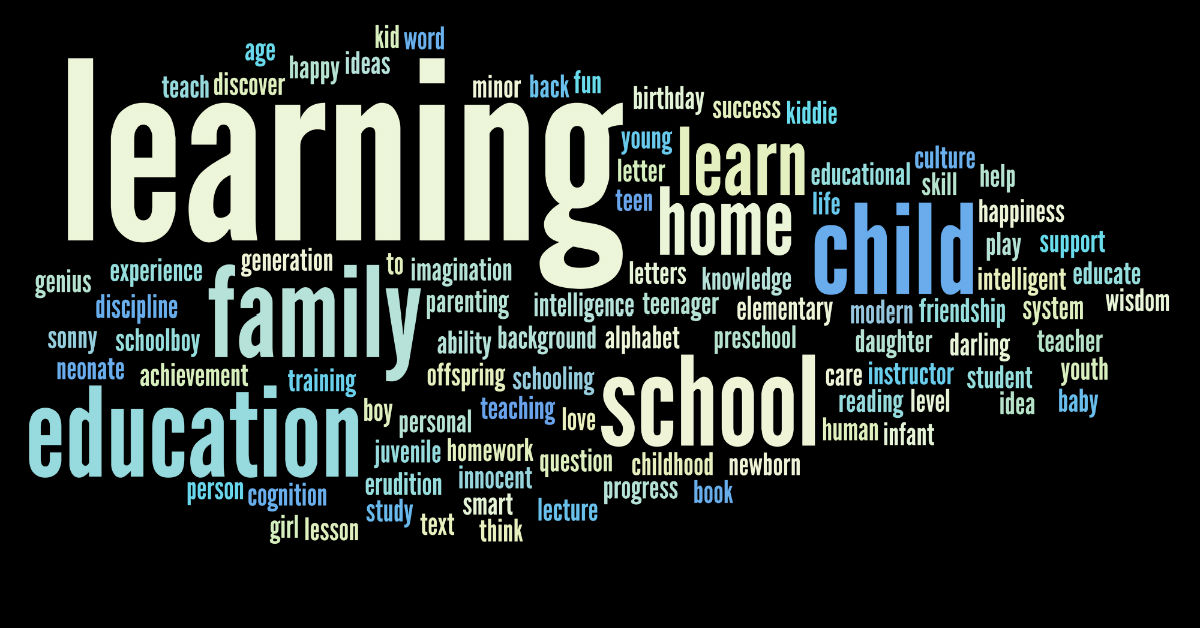After dealing with your struggling adolescent for years, you have finally decided that you need to send him or her to boarding school. But what kind of education will they receive at a school for troubled teens? Will they be able to transition back into a traditional learning environment after attending boarding school? Will they be able to go on to college or university?
Education Standards
Public schools admittedly struggle to meet the academic needs of a troubled teen. They often do not have the capabilities of dealing with the continued demands of the child. As a parent, you can research different boarding schools to find one with high academic standards. An educational consultant, a person who specializes in placing children in the right boarding school, can do much of the leg work for you and find several options that will be a good fit for the stringent academic requirements that you want.
Finding a Boarding School with Quality Academics
As you look for a boarding school, pay close attention to the following:
- The faculty and teachers and their education levels – While this might not be a hard and fast rule, it’s likely that your child will receive a better education if more staff members hold advanced degrees.
- The types of resources – Take a close look at what the school offers to promote learning. The quality of computer labs and libraries can provide a good indication of the priority that the school places on an education for troubled teens.
- The types of classes offered – Check to see if students have the option to take advanced or honors classes in arts, math and science. Ask what specials are available to students.
- The teacher to student ratio – Smaller classrooms provide for individualized attention, which is conducive to better learning.
- Specialization in learning disabilities – More children than ever cope with various learning disabilities, such as ADD/ADHD, comprehension difficulties, developmental delays and more. The school should provide for these children, including IEPs, where appropriate.
- Types of teaching – While lectures have their place in the classroom, teens learn especially well when they can interact with educators, ask questions and engage with projects.
A short-term boarding school might not offer students any of these options. While students do attend classes, the school has limited choices, so check to see what the school offers academically before you enroll your child. On the other hand, a boarding school that excels in academics will work with struggling students to teach effective strategies for tackling school work so that he or she can succeed in the classroom. The school will also integrate individual and family counseling, including anger control, self-esteem, anxiety, depression and other issues that are intertwined with a student’s poor grades.
Transferring Back into a Traditional School
If you have a younger student, he or she will likely need to transition back to a traditional school after boarding school. Before you even enroll your troubled teen at the boarding school, talk to them about transferring credits to a traditional school. In addition, check with the traditional school that your child plans to attend to confirm that the credits can be transferred.
Continuing Education After Boarding School
Older students might leave boarding school and go straight to college or university. The school should be able to provide you with specific statistics on the number of children who advance to higher education.











0 Comments